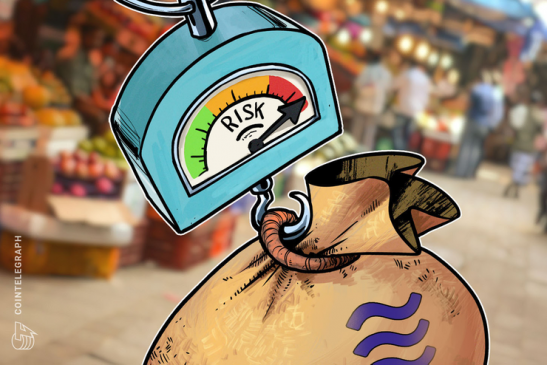A member of the Federal Reserve’s Board of Governors has said that Facebook’s Libra could pose risks to consumers due to a lack of clarity over their rights with respect to the token’s underlying assets and to the system overall.
Lael Brainard — who chairs the Fed’s Committees on Financial Stability, Federal Reserve Bank Affairs, Consumer and Community Affairs, and Payments, Clearing and Settlements — outlined her critique of Libra during a speech delivered at “The Future of Money in the Digital Age” forum in Washington D.C. on Oct. 16.
Consumer rights remain opaque
Brainard took stock of a number of existing payments networks on digital platforms, such as Alibaba and WeChat, noting that by some estimations, AliPay and WechatPay had handled over $37 trillion in mobile payments in 2018 alone.
Yet Facebook’s bid to launch a global stablecoin network — given its 2.7 billion potential user base — has imparted particular urgency to the debate over present and future forms of money, and “threshold questions about legal and regulatory safeguards, financial stability and monetary policy,” she said.
While a token such as Libra may resemble existing private non-bank liabilities to some extent, she identified a key point of concern raised by the social media behemoth’s prospective “issuance of a private digital currency opaquely tied to a basket of sovereign currencies.”
She noted that while statutory and regulatory consumer protections are in place for bank deposits — via insurance, clear liabilities in cases of fraud, and standardized disclosures about account fees and interest payments — it is still unclear which, if any, protections will be offered to Libra users:
“Not only is it not clear whether comparable protections will be in place with Libra, or what recourse consumers will have, but it is not even clear how much price risk consumers will face since they do not appear to have rights to the stablecoin’s underlying assets. Consumers need to be cautioned that stablecoins are likely to be starkly different from sovereign-issued currency in legal terms.”
The global financial system and the digital currency race
Aside from her robust emphasis on consumer protections, Brainard also shared her detailed perspective on the potential stakes raised by Libra.
These encompass — but are not limited to, she noted — data security and privacy risks, a prospective impact on banks’ sources of stable funding and central banks’ implementation of effective monetary policy, and financial stability risks exacerbated by a “potential ambiguity surrounding the ability of authorities to provide oversight and backstop liquidity and to collaborate across borders.”
As reported, analysts at RBC Capital Markets have recently warned that should U.S. regulators choose to “ultimately dismiss Libra,” China’s forthcoming central bank digital currency could become the de facto global digital currency in emerging economies.




